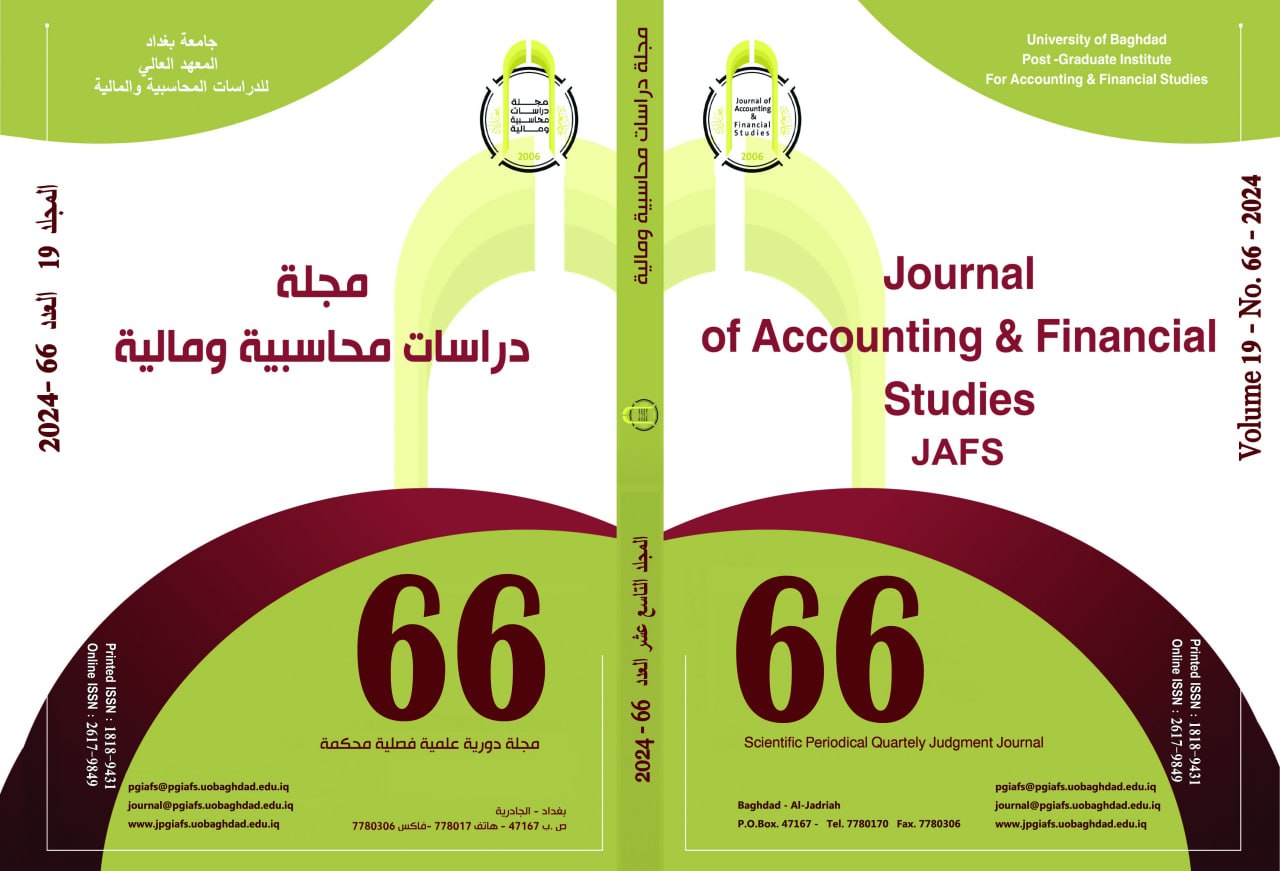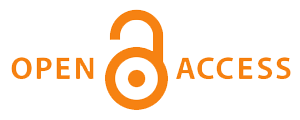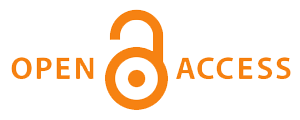دور نموذج الجودة الاوربي (EFQM:2020) في تعزيز السلوك الريادي
بحث تطبيقي في الهيئة العامة للضرائب
DOI:
https://doi.org/10.34093/rvjjvc34الكلمات المفتاحية:
نموذج الجودة الاوربي، السلوك الرياديالملخص
المستخلص:
يهدف هذا البحث الى بيان دور نموذج الجودة الاوربي بمحاوره الثلاثة (التوجه، التنفيذ، النتائج) في تعزيز السلوك الريادي المتمثلة بــ( البعد الابداعي، البعد الاستباقي، بعد تحمل المخاطرة، بعد الثقافة الريادية ) ومن خلال اطلاع الباحثان اثناء الزيارات الميدانية للهيئة العامة للضرائب والاطلاع على العمل المطبق في الهيئة أتضح افتقارها الى معايير ادارة الجودة اضافة الى عدم وضوح مفهوم السلوك الريادي واتخاذ القرارات الادارية بالرغم من اهميتها ومدى تأثيرها في الوقت الحاضر وبالتالي يمكن تعزيز ادارة الجودة في الهيئة العامة للضرائب من خلال تطبيق نموذج الجودة الاوربي (EFQM:2020) اذ تفتقر الى اعتماد نموذج محدد ورصين يساهم في تعزيز السلوك الريادي لديها مما ينعكس بشكل ايجابي على الاداء لكامل الهيئة المبحوثة اذ يمكن من خلال تطبيق نموذج الجودة الاوربي رفع مستوى جودة الخدمات المقدمة من قبل الهيئة المبحوثة للوصول الى النتائج التي يمكن من خلالها اثبات ان تطبيق نموذج الجودة الاوربي له دور في تعزيز السلوك الريادي في الهيئة المبحوثة ، وقد توصل الباحثان الى مجموعة من الاستنتاجات اهمها اهمية نموذج الجودة الاوربي (:EFQM2020) في تقييم أداء العاملين بشكل دوري من خلال مؤشرات أداء فردية مرتبطة بالأداء المنظمي و التخطيط الفعال لجذب وتطوير والاحتفاظ بالمواهب والقدرات المطلوبة و ضمان توفر الكفاءات والموارد والفرص والصلاحيات اللازمة للعاملين.
التنزيلات
منشور
إصدار
القسم
الرخصة
يتمّ نقلُ حقوق النّشر إلى المجلّة عند إخطار الباحث بقَبول بحثه المقدّم للنّشر في المجلّة.





